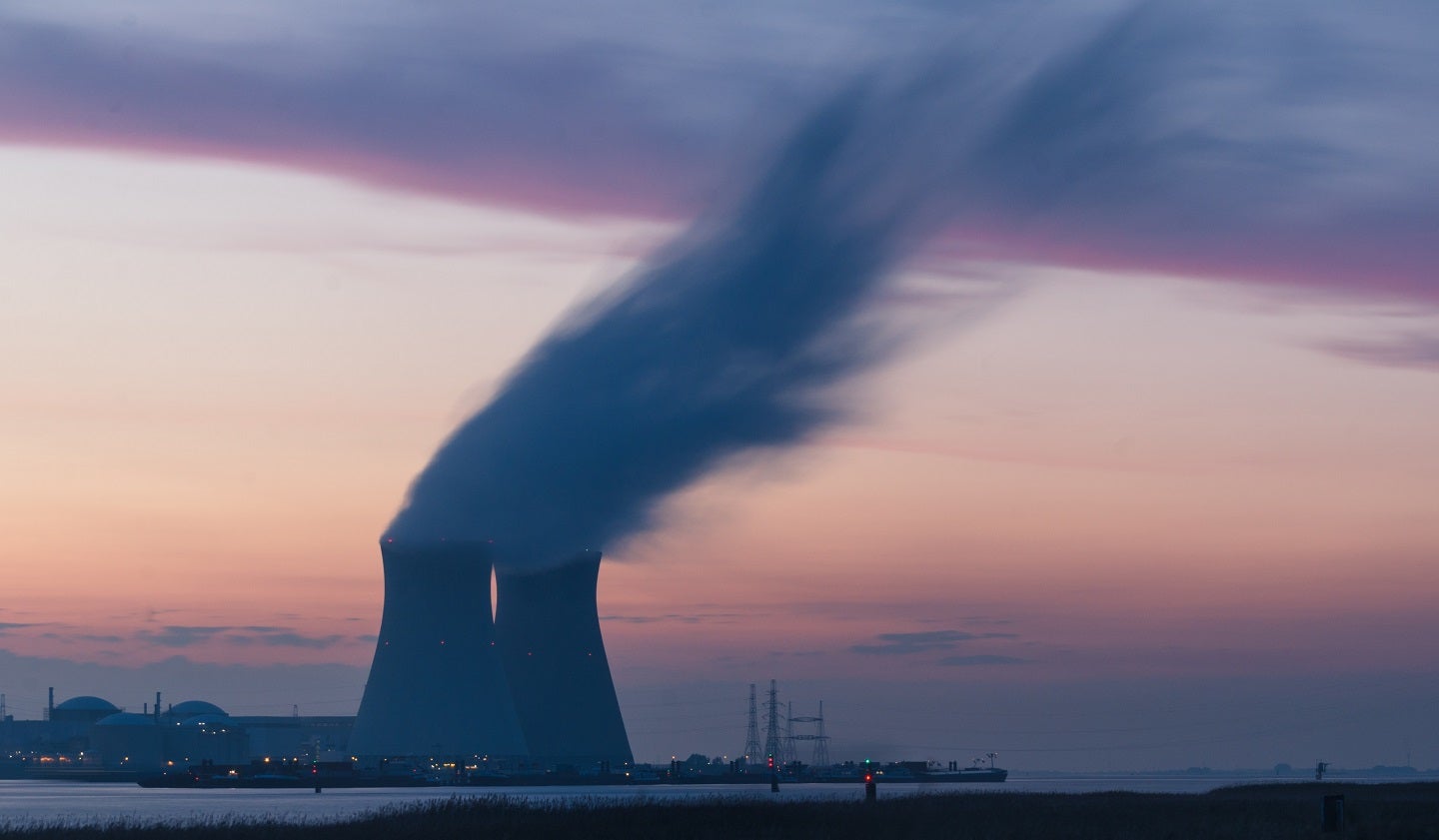
Harbour Energy has teamed up with bp to develop the Viking CCS transportation and storage project.
The agreement gives bp a 40% non-operated stake in Viking CCS project, which is located in the depleted Viking gas field, in the Humber region.
Harbour Energy will continue to operate the project with a 60 % stake.
bp executive vice president of Gas and Low Carbon Energy, Anja Dotzenrath said: “We’re extremely excited to be joining Viking CCS, a project which can play an instrumental role in helping to decarbonise the UK and providing CO₂ transport and storage as a service to emitters across industry sectors and geographies, including as a future CO₂ shipping destination.”
The project is said to the potential to meet nearly 33% of the UK Government’s target to capture and store up to 30 million tonnes of CO₂ a year by the end of this decade.
Harbour Energy noted that the delivery of the Viking project can attract about £7bn in investment over the next decade across the full CO₂ capture, transport, and storage value chain. It can potentially generate more than 10,000 jobs during the construction period.
The agreement comes amidst the UK government’s recent decision to begin Track 2 of its CCS cluster sequencing procedure.
Harbour Energy CEO Linda Cook commented: “We welcome the UK government’s recent announcement about the launch of Track 2 and the addition of bp as a partner to this transformational project.”
A final investment decision on the project is anticipated in 2024, subject to the results of the Track 2 Cluster Sequencing Process.
The project may be fully operational by 2030, and store up to 10 million tonnes of CO₂ annually, with access to a planned new CO₂ shipping terminal at Associated British Ports’ Port of Immingham.



